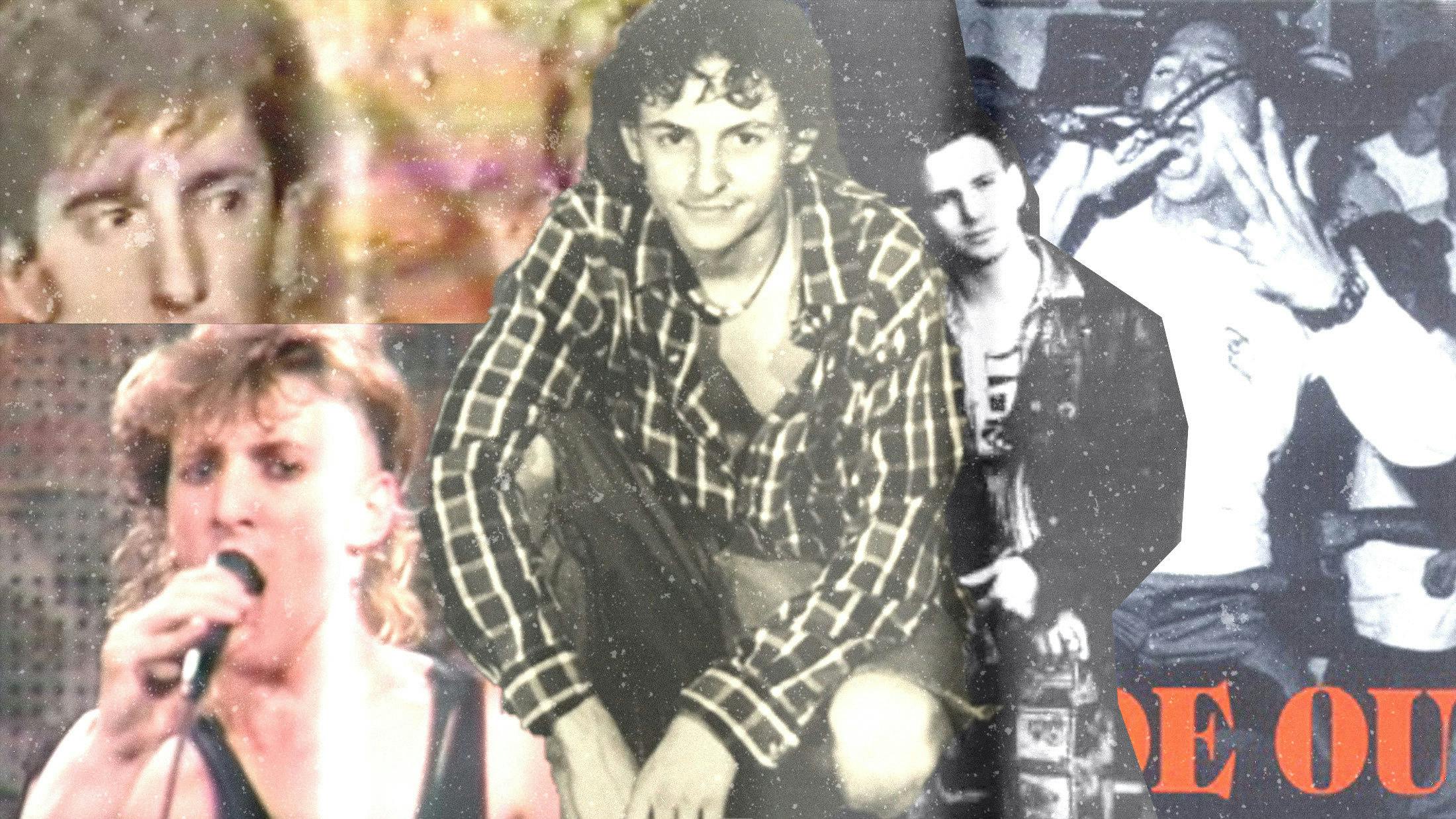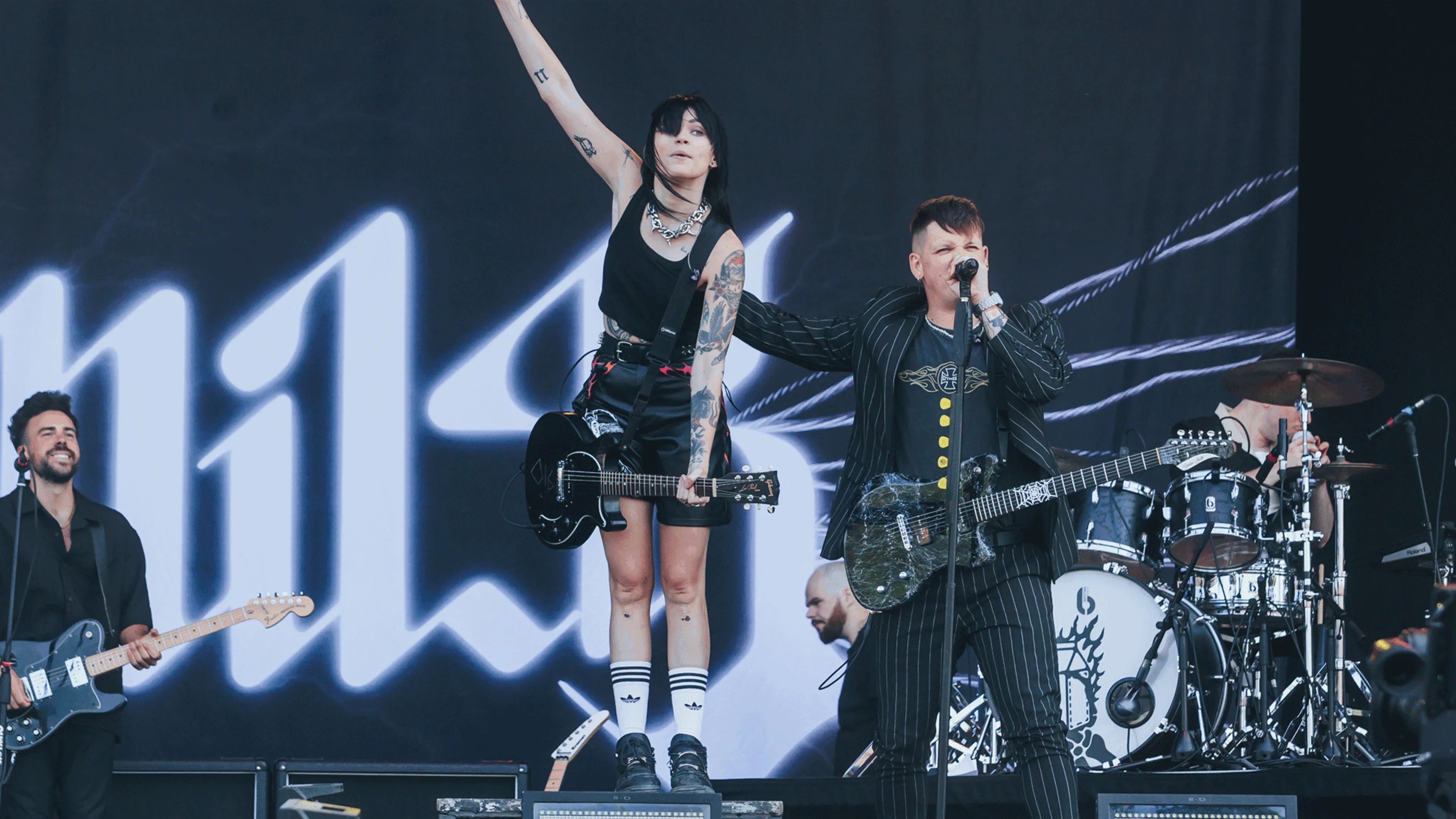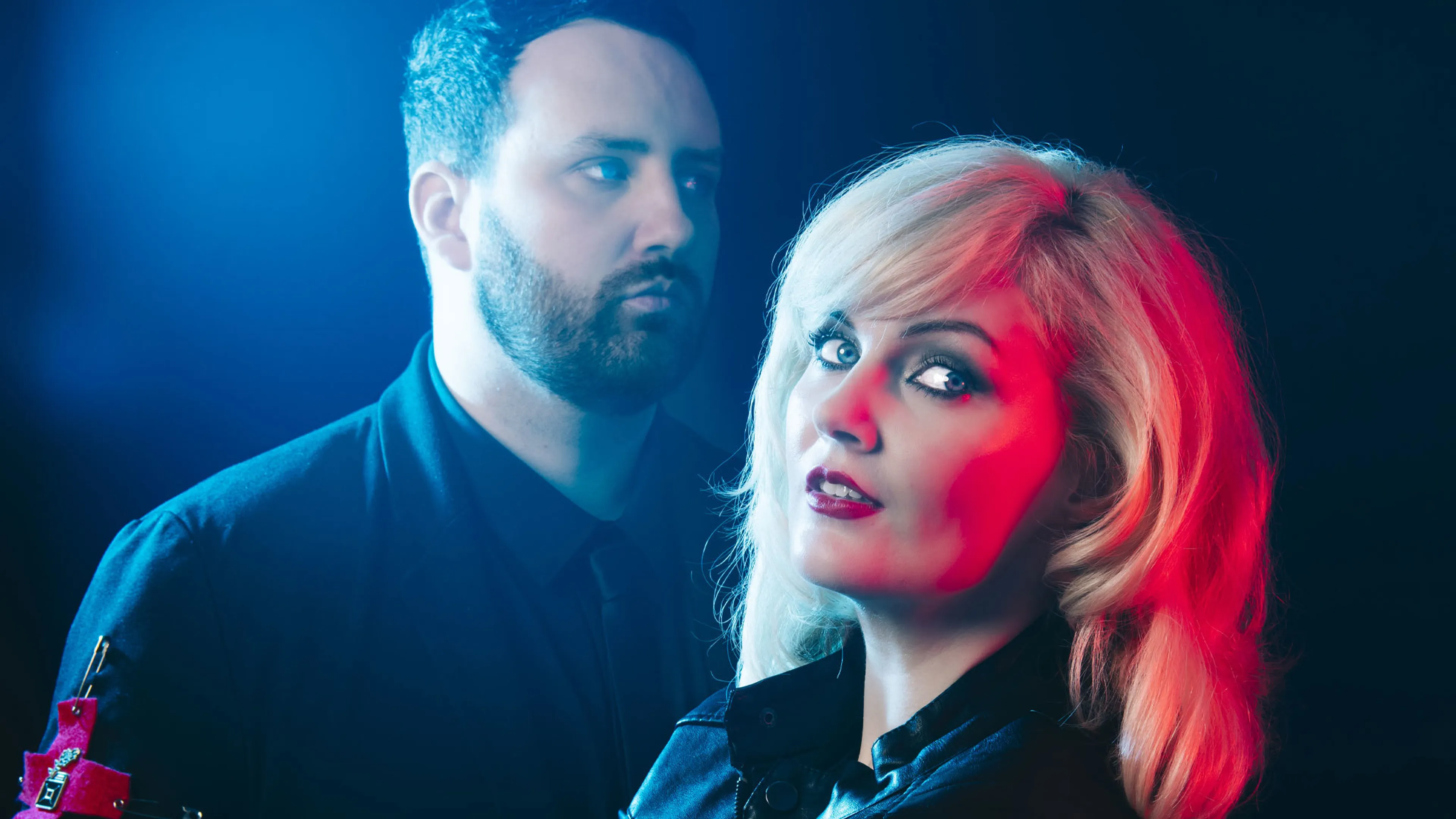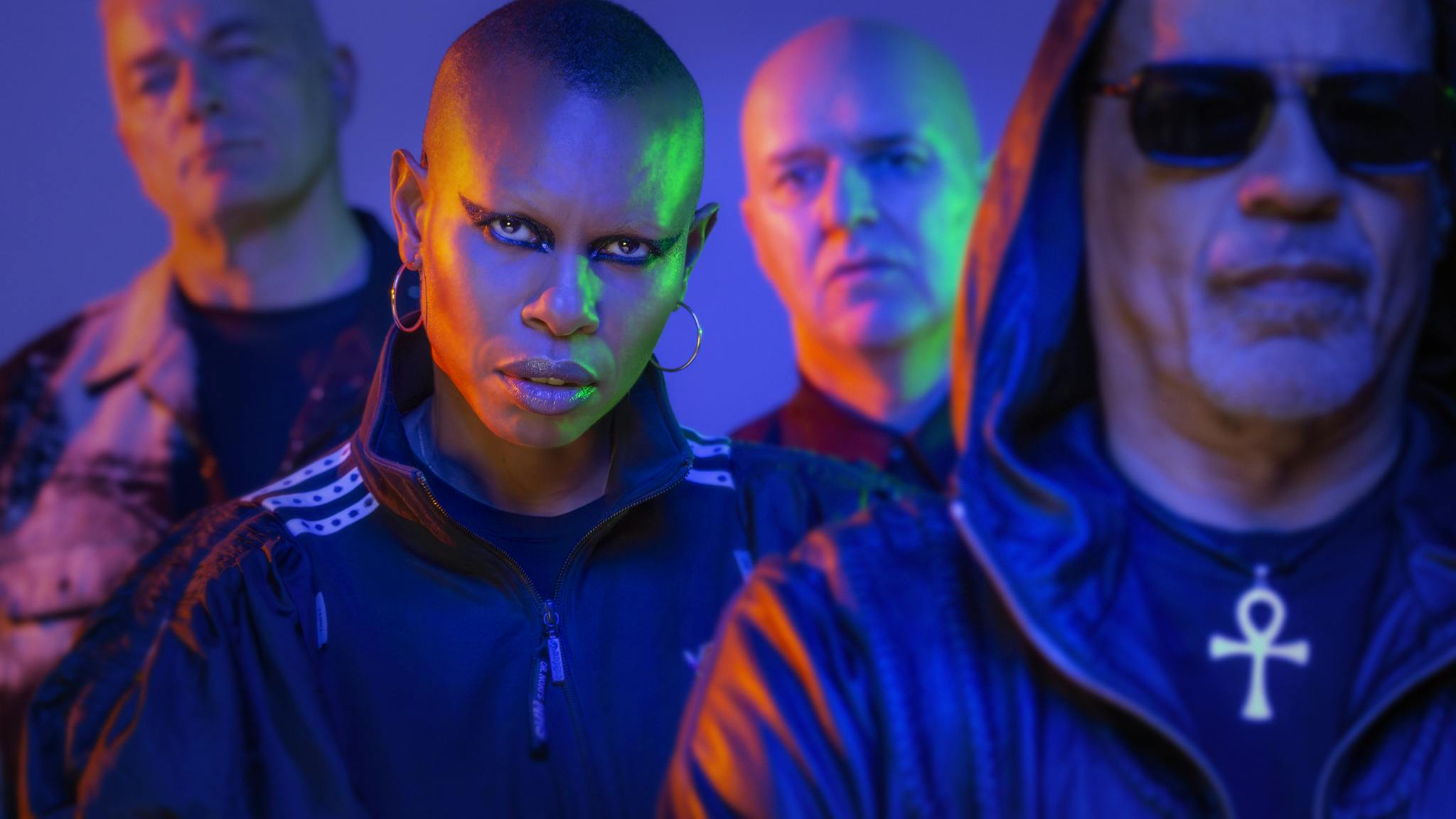Before he conquered the world with Linkin Park, the late Chester Bennington cut his musical teeth through the ’90s with Arizonan grunge-rockers Grey Daze. As that band – who were plotting a reunion before Chester’s passing – drop lead single What’s In The Eye and prep the release of a full tribute LP, we got to thinking about the unheralded early work of so many other rock stars.
Varying from the ridiculous to the sublime, it’s safe to say that not all of these forgotten outfits are crying out for the reunion treatment, but like a formative years photo album, there’s much pleasure to be had in revisiting the dodgy haircuts, questionable fashion and, er, interesting creative decisions being shown off by these uncut gems.
Beyond that, it gives us an extra appreciation for the finished articles, too…








